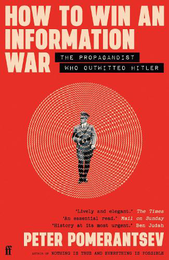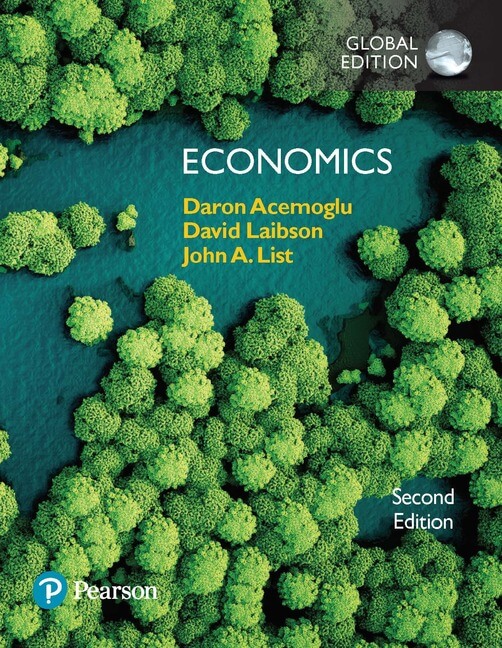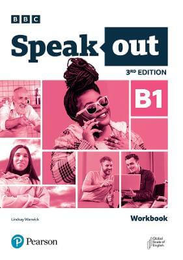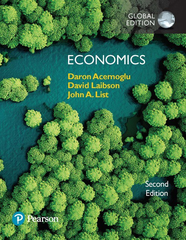Economics plus Pearson MyLabEconomicst, Global Edition
Product details:
Order
Delivery
Payment
Economics plus Pearson MyLabEconomicst, Global Edition
Out of Stock
2655 uah
Pick Up from store:
Free
Pick-up point. KYIV. 14, Metropolitan Andrey Sheptytskyi Street (office Dinternal Education)
Free
Pick Up from your local Nova Poshta office: at the delivery service rates
According to the tariffs of the delivery service (all orders over 2000 uah are free from delivery cost)
Nova Poshta courier
According to the rates of the delivery service
Cash payment
Online payment via LiqPay
Payment on delivery
Cashless payment for individuals and legal entities
Product description
Reviews (0)
Teach economics through three unified themes
Three key principles--optimization, equilibrium, and empiricism--lie at the heart of the authors’ approach. Chapters 1 to 4 introduce these key themes, and lay the groundwork for understanding the economic way of thinking about the world.
- Optimization. The first principle—that people try to choose the best available option—is optimization. Economists believe that optimization explains most choices people make, including minor decisions like deciding whether to eat a cheeseburger, and major decisions like deciding whom to date or marry. When people fail to optimize perfectly, economic reasoning can be used to analyze the mistake and to suggest a better course of action.
- Equilibrium. Economic systems tend toward equilibrium, wherein each economic actor feels that he or she cannot do any better by picking another course of action. This principle highlights the connections among economic actors and their choices. In a state of equilibrium, consumers and purveyors of goods and services are simultaneously optimizing, and their behaviors are consequently intertwined.
- Empiricism. While the first two key principles are conceptual, the third is methodological. Economists use data to test economic theories, learn about the world, and speak to policymakers. The emphasis on matching theories with real-world data to answer specific questions helps to show students the evidence behind the theory, making economics concrete, interesting, and fun.
Showcase empirical questions with engaging features
· Evidence-Based Economics (EBE) features show how economists use data to answer the question posed in the opening paragraph of each chapter. EBEs use actual data from field experiments, lab experiments, naturally occurring data, or government data, while highlighting major concepts in the chapter. These features let students get a real look at economics as it plays out in the world around them. Examples include:
o Is Facebook free?
o Why are you so much more prosperous than your great-great-grandparents were?
o Is College worth it?
o Are tropical and semitropical areas condemned to poverty by their geographies?
o Will free trade cause you to lose your job?
o What caused the recession of 2007-2009?
o Is there value in putting yourself into someone else’s shoes?
o Are companies like Nike harming workers in Vietnam?
o What is the optimal size for government?
· Letting the Data Speak features reinforce the theme of evidence behind the theory. These short, targeted explorations analyze an economic question by using real data as the foundation of the discussion. Among the many issues explored:
o Should McDonald’s be interested in elasticities?
o Income inequality in the United States
o Fair trade products
o Life expectancy and innovation
o Do wages really go down if the labor supply increases?
o Managing expectations
o Why do some firms advertise and others don’t?
· Choice and Consequence features emphasize optimization—one of the key themes in the book—by focusing on making the best decision. These features ask students to make an economic decision, or evaluate the consequences of past real decisions. The authors then explain how an economist might analyze the same decision. Examples of choices investigated:
o Do people really optimize?
o The power of growth
o The unintended consequences of fixing market prices
o Foreign aid and corruption
o Should LeBron James paint his own house?
o Too big to fail
o Does revenge have an evolutionary logic?
Review list is empty
Please log in to leave a review
Схожі товари
Раніше переглянуті товари

Author: Peter Pomerantsev
Out of Stock
890 uah


















